Trauma-Illness Connection: Your Body Isn't Broken, It's Adapted

We're Not Broken. We're Adapted.
The chronic symptoms we live with? They might be survival strategies that never got the all-clear after the danger passed.
Whether we had love or lacked it, many of us grew up vulnerable. In that vulnerability, we faced more than our small bodies and minds could make sense of.
So the body learned early: how to brace, how to stay quiet, how to stay ready.
Not because we were broken. Because we were human, doing the best we could with what we had. Those adaptations were intelligent, necessary, and protective.
And they didn't disappear when the danger passed. They stayed, living on in the body, shaping how we move through the world. For many of us, it's how chronic illness takes hold.
We carry stories: some we remember clearly, others live quietly in our bodies. Some are past. Some are patterns. Some are aches we couldn't outrun.
For those who recognize this pattern, understanding the connection between past adaptation and present symptoms can change everything.
It's Not Always the Big Stories
Trauma exists on a spectrum. Sometimes it's the big, headline moments: abuse, violence, catastrophic loss. Other times it's the quiet, persistent things: being misunderstood, shamed for needing, left to manage too much alone. Both ends leave marks. Both teach us to adapt—often in ways that once saved us but may no longer serve us.
Your nervous system doesn't measure or compare. It just responds.
The body that learned to brace during years of criticism adapted just as completely as the body that survived a single devastating event. There's no hierarchy of worthy pain here. If it shaped how you move through the world, it matters.
The body keeps the score, even when the mind has moved on. Trauma isn't the event itself; it's what happens inside us when we can't safely feel or express what's real. When the nervous system gets overwhelmed and our natural responses (fight, flight, freeze, fawn) become default settings we can't turn off.
And when you're a kid, you can't process any of it. So you adapt.
You learn to shut up, show up, be good; to disappear, control, rebel, overachieve—whatever the hell you have to. Just to survive.
The body develops strategies to keep you safe. And those strategies work—until the cost becomes too high.
CDC-Kaiser ACE Study: early adversity shapes biology, immunity, and long-term health.
The Body Keeps Score
A scarred tree still grows, but its shape is different now. We're like that.
Our coping strategies are growth rings formed in hard years: the people-pleasing, the control, the retreat, the endless proving. The responses were smart, even brilliant, once—they kept us alive.
But here's the rub: most of those adaptations were built for survival, not freedom. And while they protected us then, they can keep us stuck now.
The body remembers everything—and also remembers how to heal, especially when we give it the right conditions.
The Questions We Carry
There are questions many of us carry, a low hum beneath everything else:
Am I safe here?
Am I enough?
Can I trust this moment, this body, this life?
We get so damn good at surviving, we forget what it feels like to actually live.
Our nervous systems stay locked in protection mode: hypervigilant, braced, scanning for the next threat even when there isn't one.
Over time, the body pays the price: chronic stress becomes chronic inflammation, chronic bracing becomes chronic pain, and vigilance becomes exhaustion.
The body that saved us by adapting starts breaking down under the weight of those same adaptations.
This is the trauma-illness connection most of us were never taught: your body isn't betraying you. It's still trying to protect you, using strategies built for an earlier time when they were necessary. Now they cost too much.
Polyvagal Theory: explains why the nervous system can get stuck in survival responses, leaving us locked out of safety and regulation.
What Nature Teaches About Healing
Nature remembers something we forgot. The river doesn't question its flow; the coyote doesn't apologize for its hunger; the soil doesn't rush recovery after fire. Nothing in the forest performs healing—it just happens, honestly, and on its own time.
We don't heal by shaming the parts of us that adapted. We heal by recognizing them, by meeting old survival strategies with grown-up presence—not with blame, urgency, or fixing, but with clarity, patience, and compassion for what those parts were trying to do.
UC Berkeley study: veterans and at-risk teens showed measurable improvement in PTSD and stress after nature experiences.
The Shift That Changes Everything
When we understand what we were protecting ourselves from, we can start choosing what actually protects, serves, and frees us now.
We are not broken. We are adapted. And adaptation can be updated.
Your body isn't failing you. It's been working overtime to keep you safe, with information from an earlier time.
Understanding that changes everything about how we approach chronic illness, chronic pain, and nervous system dysregulation—not as enemies to defeat, but as messengers worth listening to.
* * *
If you need to go deeper:
→ Root Work: Healing That Starts Below the Surface: for when the usual healing paths didn't reach you. Not softened. Not metaphor.
Related posts:
→ What We Carry: Distinguishing Protection from Habit
→ Layer One: Start Where You Are
More Support:
→ Series Three: Nervous System Work for more on regulation and healing
→ Micro Rituals for a 2-5 minute reset when it feels like too much
→ If You're Hurting Too when you need permission to rest
← Back to Inner Trailcraft
*Peer reflection, not therapy or medical advice. Your healing journey is uniquely yours.*
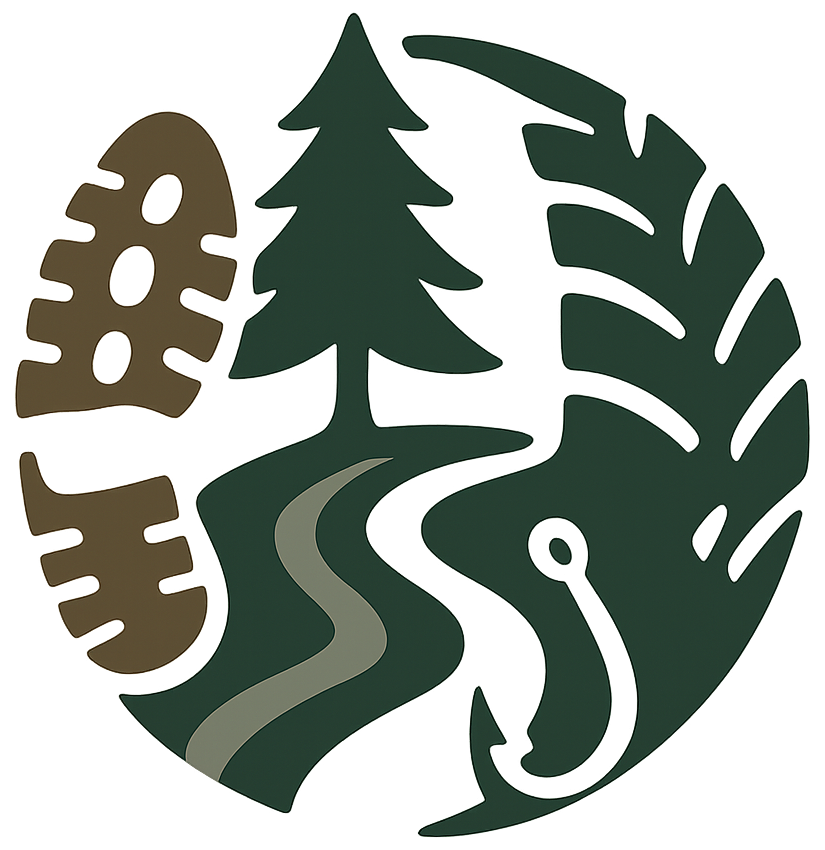
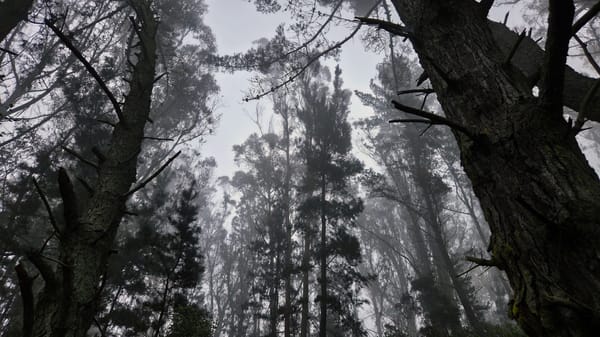

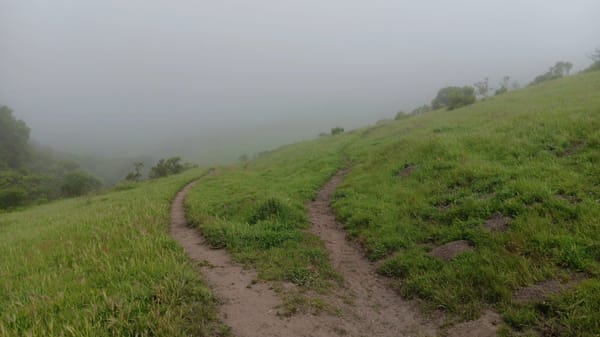
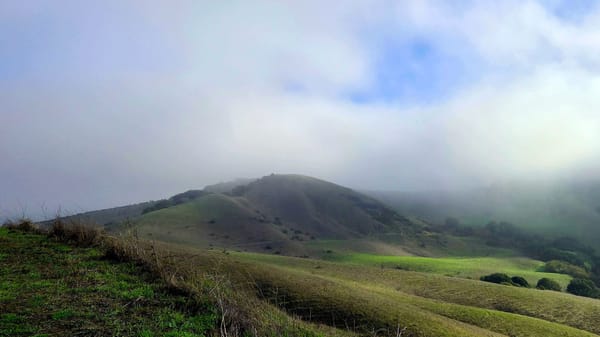
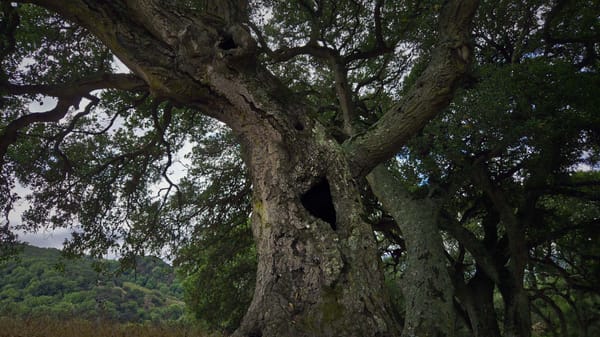
Member discussion